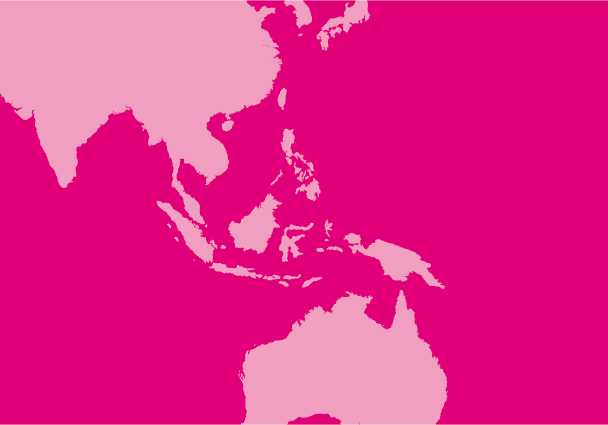The ICJ today called on the Fijian military to withdraw the threat of a coup d’état and for the Government and military to resolve the current impasse through democratic means that respects the rule of law.
“The threat of a military take-over is a serious and unwarranted challenge to Fiji’s fundamental constitutional and democratic order. It can only damage the future of the country and lead to yet more cycles of instability for the people of Fiji”, said Nicholas Howen, Secretary-General of the ICJ.
“Even if there are deeply polarised views about how to deal with the aftermath of the 2000 coup, the rule of law requires that any such dispute over a proposed law should be resolved through normal, legal and democratic channels” continued Nicholas Howen.
“It is through the parliament, the courts and open debate in a free media that a solution will be found. A coup will just lead to more polarisation and will not solve any of the problems”, he added.
On 30 November 2006, Commodore Voreqe Bainimarama, Fiji’s military chief, warned the Fiji Government that he would stage a coup on Friday, 1 December, unless his demands are met. While the 24-hour deadline given by Commodore Bainimarama passed without incident, on 4 December, it was reported that roadblocks had been established around Suva, all police firearms had been confiscated by the Army and ministerial bodyguards disarmed. Commodore Bainimarama, has demanded, among other things, the suspension of work on legislation that may potentially grant amnesties to those involved in the 2000 coup d’état, an event which threw the country into a constitutional crisis.
The ICJ appealed to the military to cease actions that threaten democracy, the rule of law and constitutionalism and to instead follow a democratic process.
Background
Last year, the Government of Fiji under Prime Minister Laisenia Qarase introduced the Promotion of Reconciliation, Tolerance and Unity Bill. The Bill states that it will “promote unity through the application of restorative justice as opposed to retributive justice”. The Bill seeks to establish a Unity Commission that has the power to, among other things, grant amnesties to those persons involved in the 2000 coup d’état. In 2005, the ICJ submitted a Legal Memorandum to the Government and parliament of Fiji, in which it analysed the proposed power in the Bill to grant amnesties and made recommendations for amendments that would bring the law into line with international standards and lessons learned from experiences around the world.




